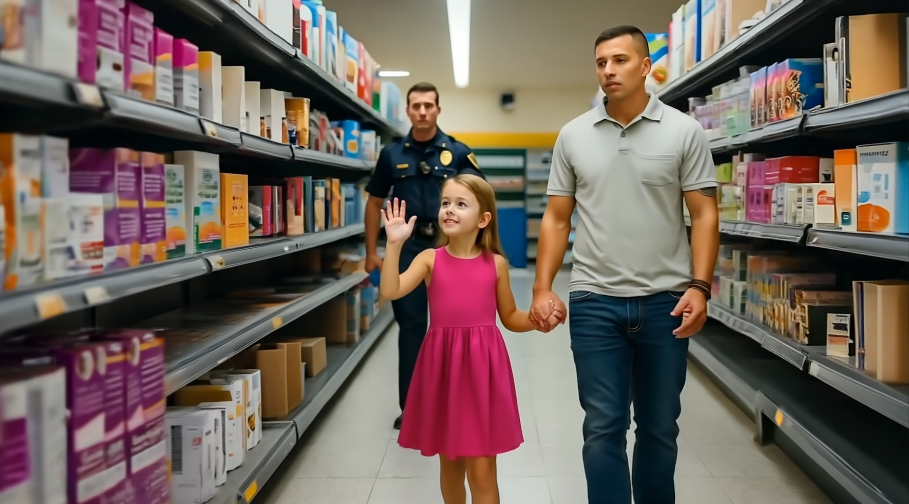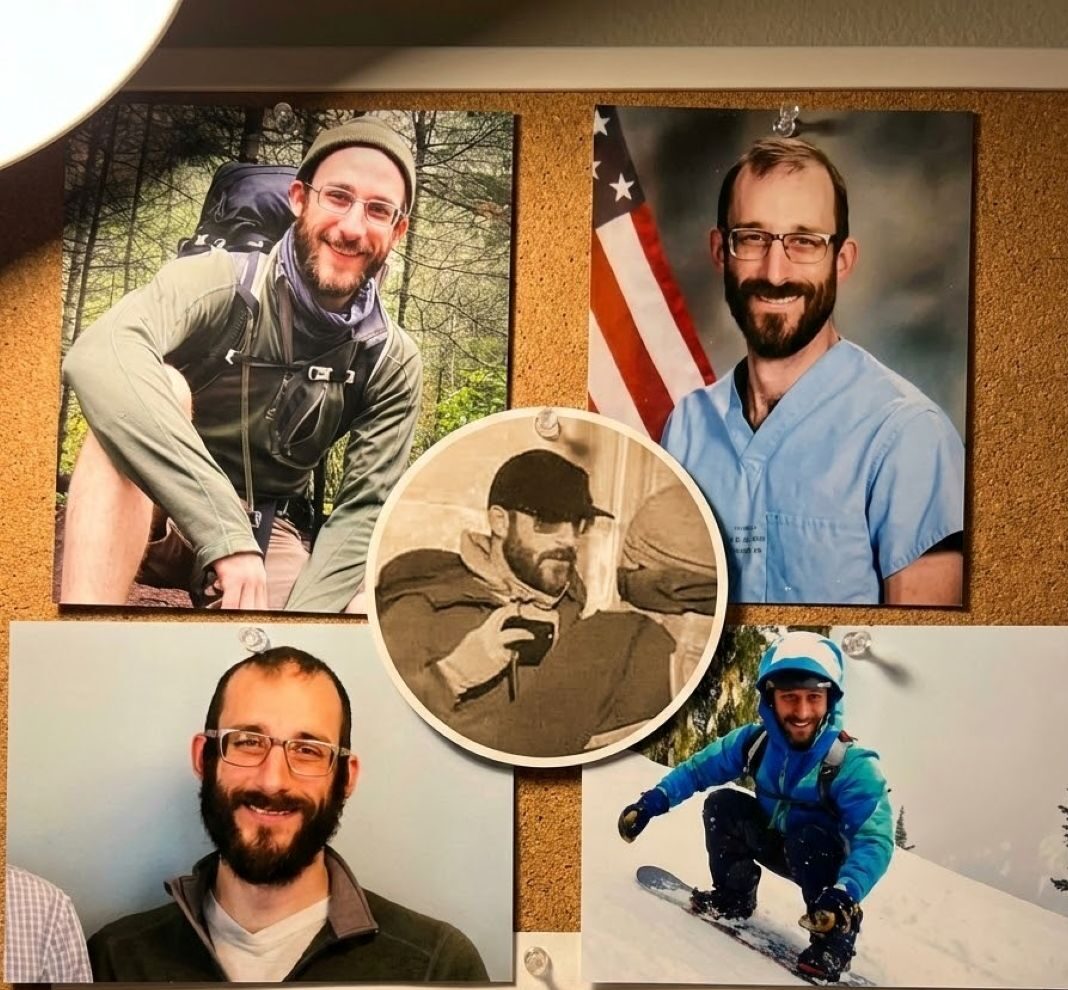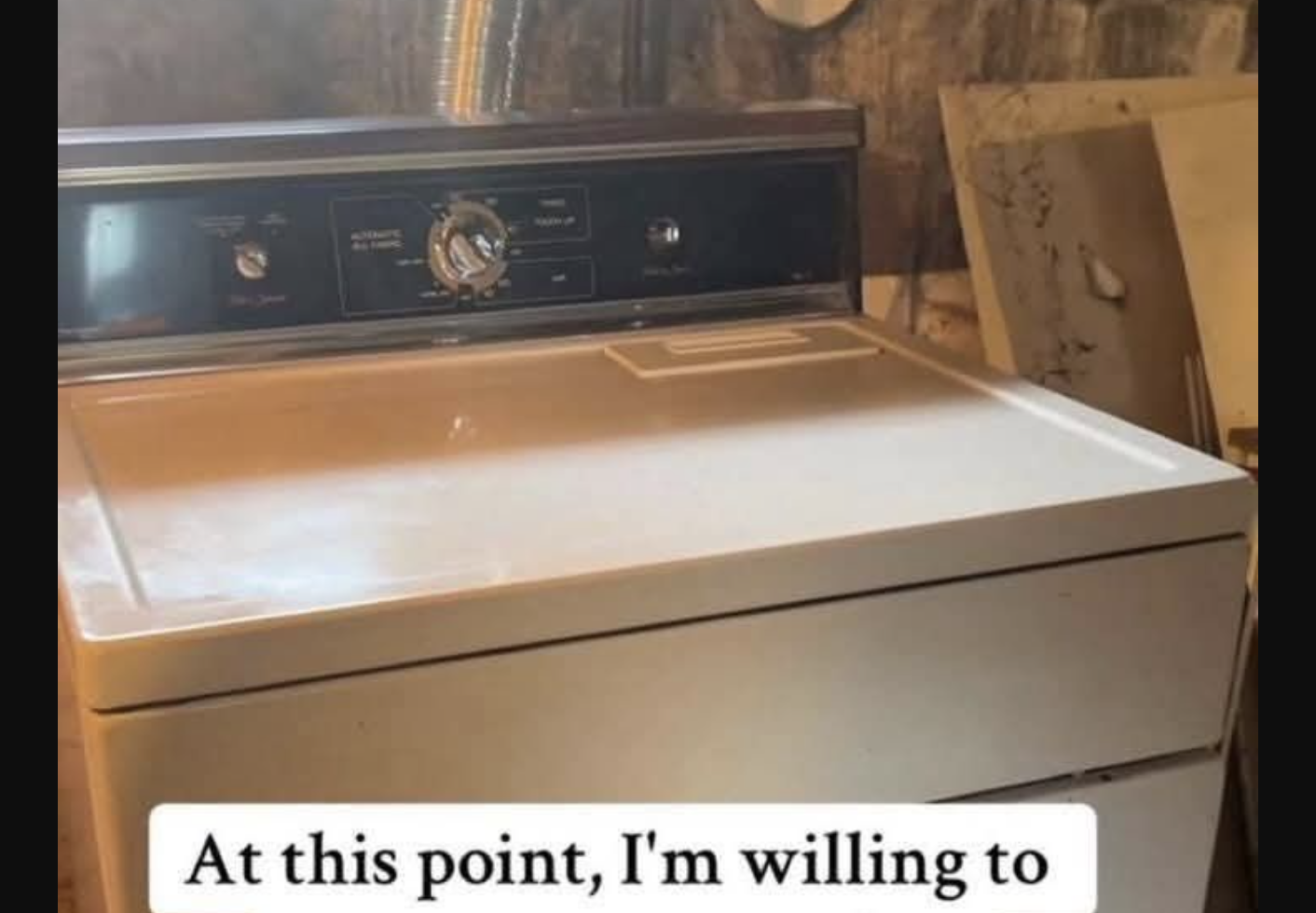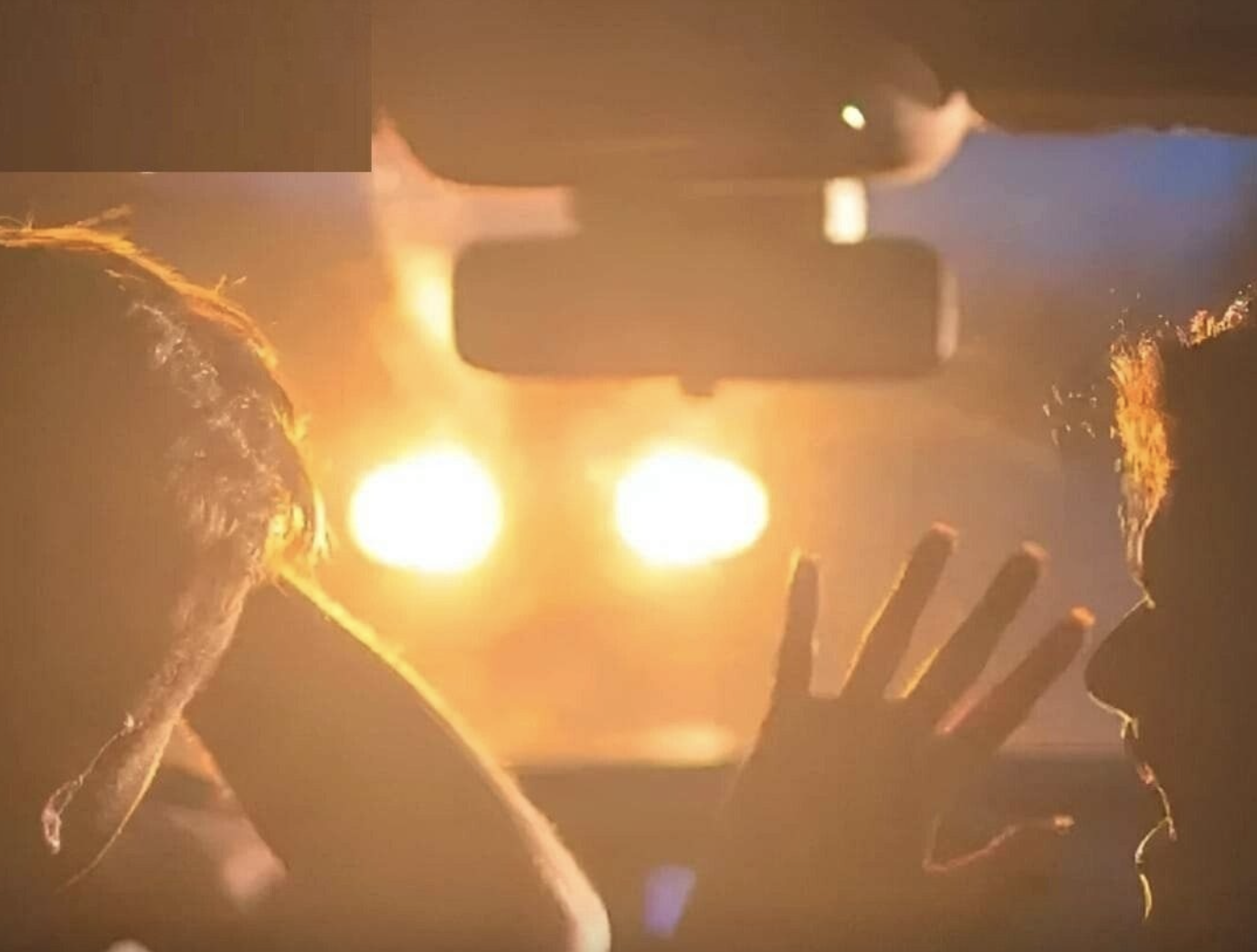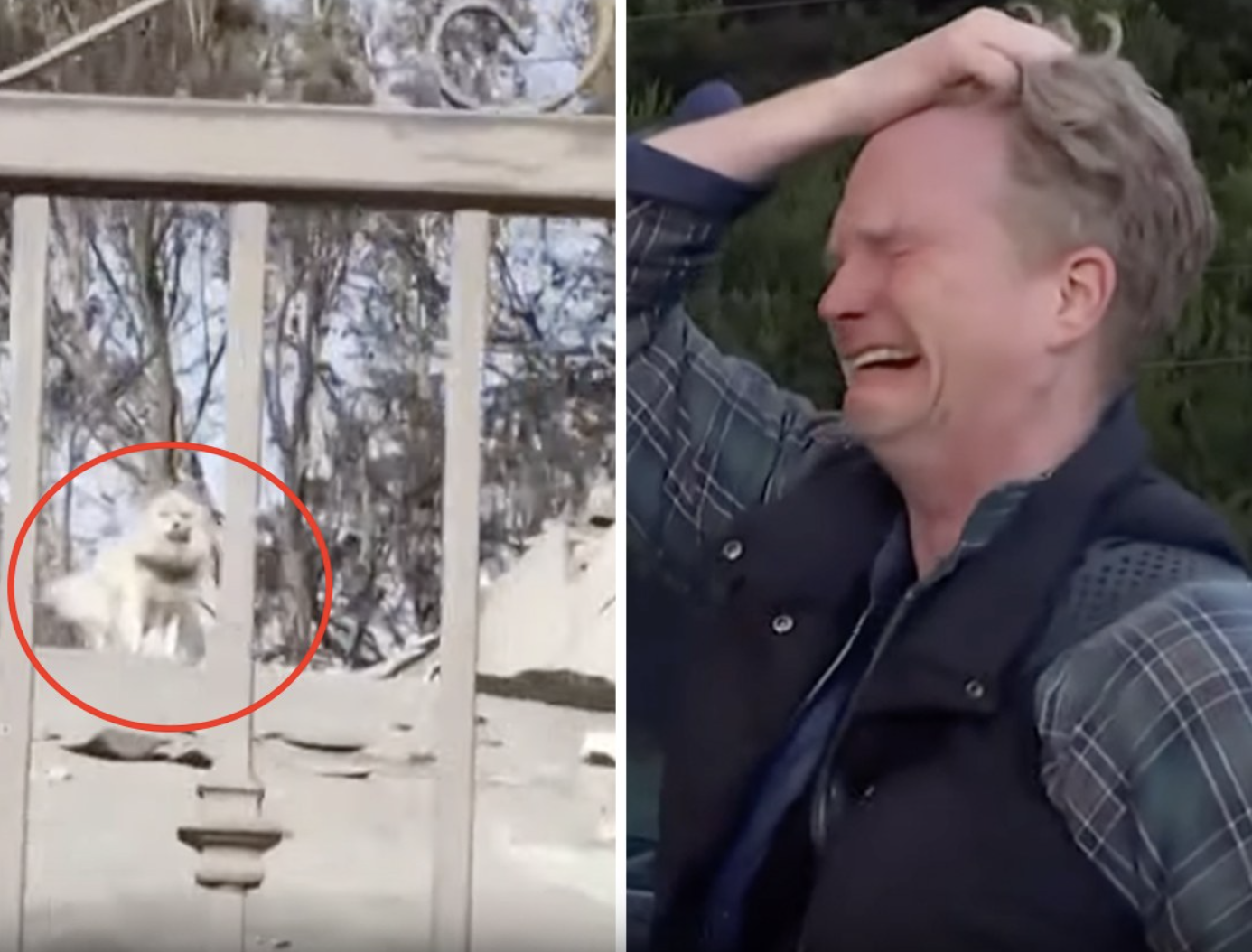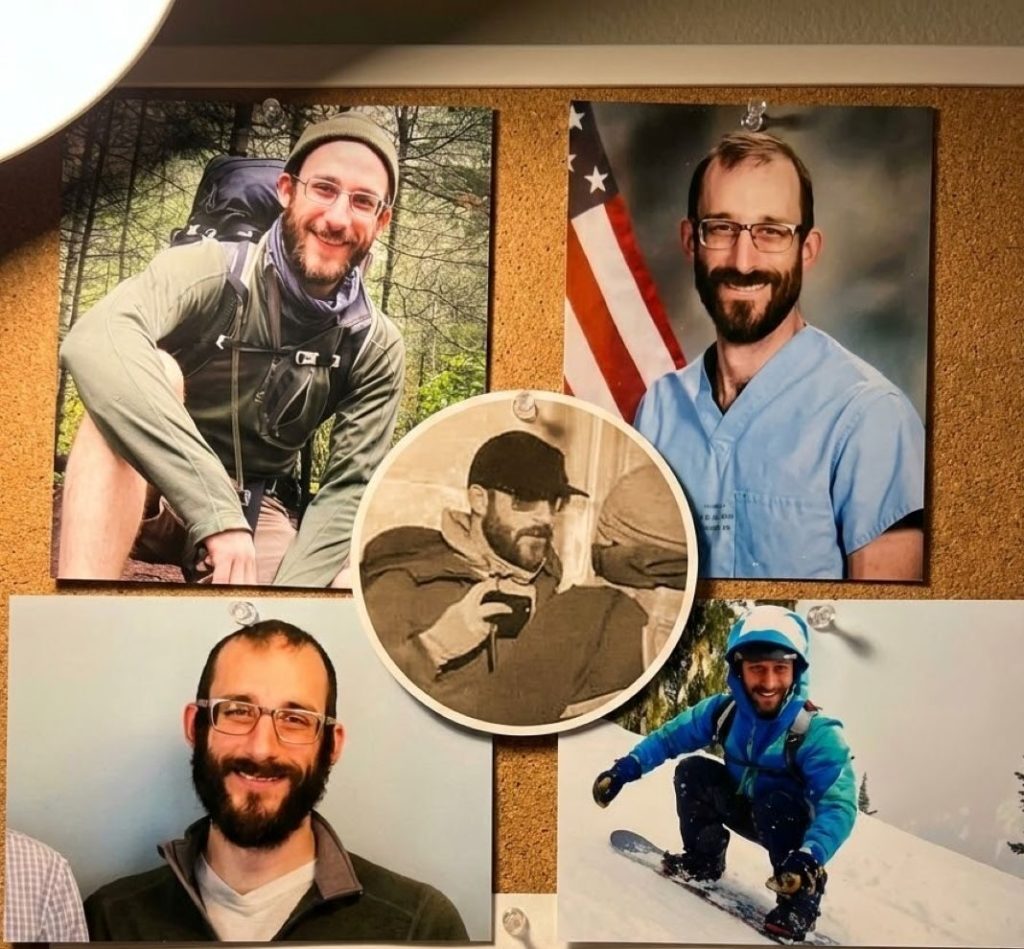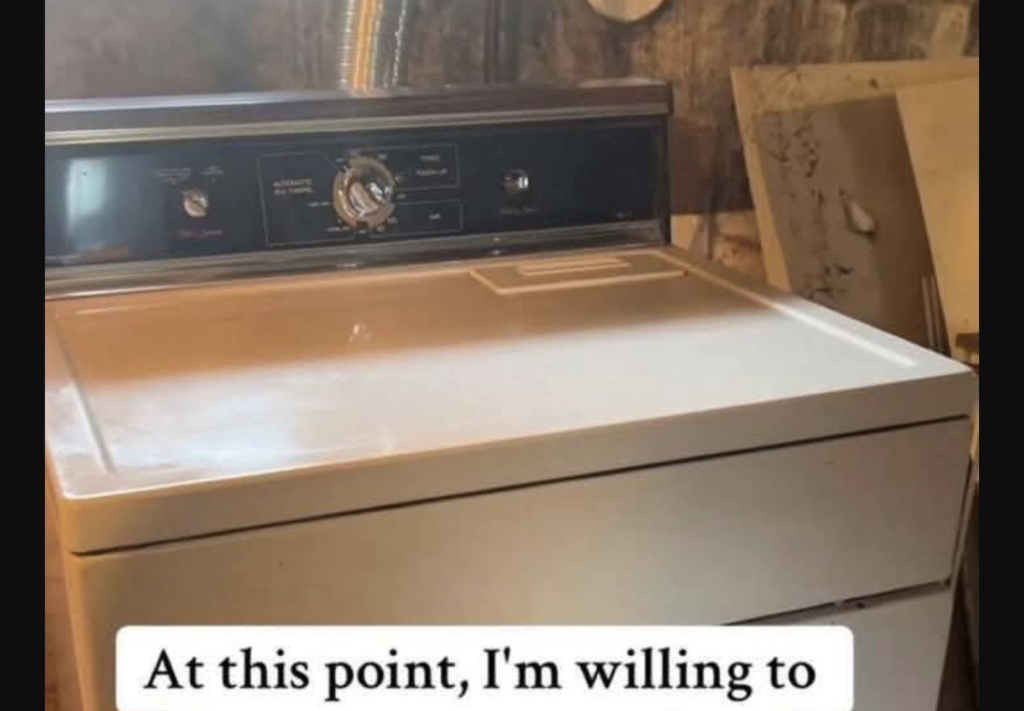It was a calm Sunday afternoon in Maplewood, a small town where the weekends typically proceeded at a peaceful tempo. The local supermarket was one of the busiest places in town, filled with the murmur of neighbors catching up and the sound of shopping carts gliding along the shiny floors.
Families progressed from aisle to aisle, debating cereal choices and filling their baskets with fresh produce. Amidst all of this, a little girl in a vivid pink dress walked hand in hand with a tall man. To anyone glancing their way, they appeared to be a father and daughter shopping together. But Officer Michael Johnson—who was off duty that day, picking up milk and bread—observed something different. He had been a police officer for nearly fifteen years, and if there was one thing he had learned, it was that the eyes of children could reveal truths that adults tried to conceal.
The girl’s gaze was intense and motionless, almost too still for a person her age. Her lips were tightly compressed, and her movements lacked the carefree rhythm of a child. She looked around the store—not with curiosity, but with a sense of searching, scanning faces. Her eyes held an expression Michael recognized instantly: a silent, desperate plea.
As Michael reached the cereal aisle, she and the man were approaching from the opposite end. That is when it occurred. The little girl briefly lifted her small hand to her chest, with her palm open, fingers curved inward, and then closed it into a fist. The motion took less than two seconds. Michael froze.
He was familiar with that gesture—it was the silent signal for “Help me,” a technique taught at a seminar he had attended only a month earlier. The concept was straightforward: if a person, especially a child, was in danger but unable to speak openly, they could make that gesture to alert a bystander without attracting much attention from the person threatening them. His heart pounded in his chest.
Michael forced himself to continue his movements naturally, pretending to examine cereal boxes while his eyes followed the pair in his peripheral vision. The man was tall, with rugged hands, faded tattoos, and a cracked wristwatch. He held the girl’s hand too tightly—not like a parent, but like someone gripping a possession. They moved swiftly through the store, and Michael noticed the man’s hold became firmer whenever the girl slowed down. She did not cry or resist—she simply kept her eyes open, silently pleading.
Michael’s instincts urged him to act quickly, but his training kept him composed. He took his phone from his pocket, pretending to check a shopping list while he discreetly messaged his location and a description of the two to the police dispatcher. Backup was on the way. He trailed them from a distance, using other shoppers as a shield. The man did not seem to notice him—not yet.
They passed the dairy aisle, then the bakery. The man glanced around, clearly avoiding the main checkout lanes. Michael’s stomach tightened. He was heading toward the side exit—the one seldom used, which led to a smaller parking lot that emptied directly onto the main road. Michael’s thoughts raced. If they left the store, finding them could become an absolute nightmare.
Then he noticed something that made the hair on his arms stand up. As they neared the exit, the girl tilted her head just enough to meet Michael’s eye once more. And in that brief moment, he saw it: a bruise, faint but visible, on the side of her neck. That was all he required.
Michael abandoned his cart and closed the distance quickly, his voice steady but firm.
“Sir, excuse me,” he called out.
The man turned abruptly, his expression twisting into a frown. “What?”
Michael revealed his badge. “Maplewood Police. I need to speak with you for a moment.”
The man’s grip on the girl’s hand tightened, and she winced. “We are simply leaving,” he muttered.
“I understand,” Michael replied evenly, “but I am going to need you to remain right here until my colleagues arrive.”
The man’s eyes darted toward the exit. Michael stepped closer, positioning himself between the man and the door. His voice dropped, calm but commanding. “Let go of her.”
For a long moment, the man did not move. The tension was suffocating. Then, with a frustrated growl, he released her hand. The little girl stepped back instantly, pressing herself against Michael’s side.
Within seconds, two uniformed officers burst through the door. The man was taken into custody without incident, although his glare remained fixed on Michael until the patrol car door shut behind him. When it was all over, Michael knelt down to the girl’s level.
“Hey,” he said gently, “you did an incredibly brave thing back there.”
Her lips trembled. “I did not think anyone would see.”
“I saw you,” he assured her. “And I am glad you trusted me.”
In the moments that followed, a store manager brought over a bottle of water for her, and one of the officers contacted child services. It turned out she had been reported missing earlier that morning from a neighboring town. Her mother, frantic and in tears, arrived at the store a short time later. The reunion was immediate and overwhelming. The girl launched herself into her mother’s arms, clinging tightly as her mother sobbed into her hair. Michael quietly stepped back, giving them privacy.
Later, as the parking lot emptied and the sun began to set, the mother found him.
“Officer Johnson,” she said, her voice still trembling, “I do not know how to thank you.”
Michael smiled faintly. “Thank your daughter. She is the one who asked for help. She is the reason we found her.”
The mother’s eyes filled again, but this time with something brighter—relief, gratitude, hope.
That night, as Michael drove home with his groceries still in the back seat, he could not shake the image of the little girl’s hand making that small, silent gesture. It reminded him of something he had heard in that seminar: Sometimes, the tiniest signals carry the loudest cries for help. And in Maplewood, at the very least, someone had been watching closely enough to hear it.
